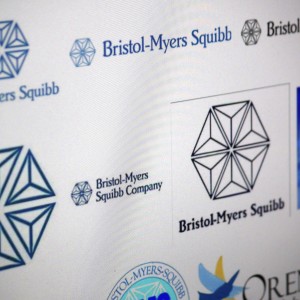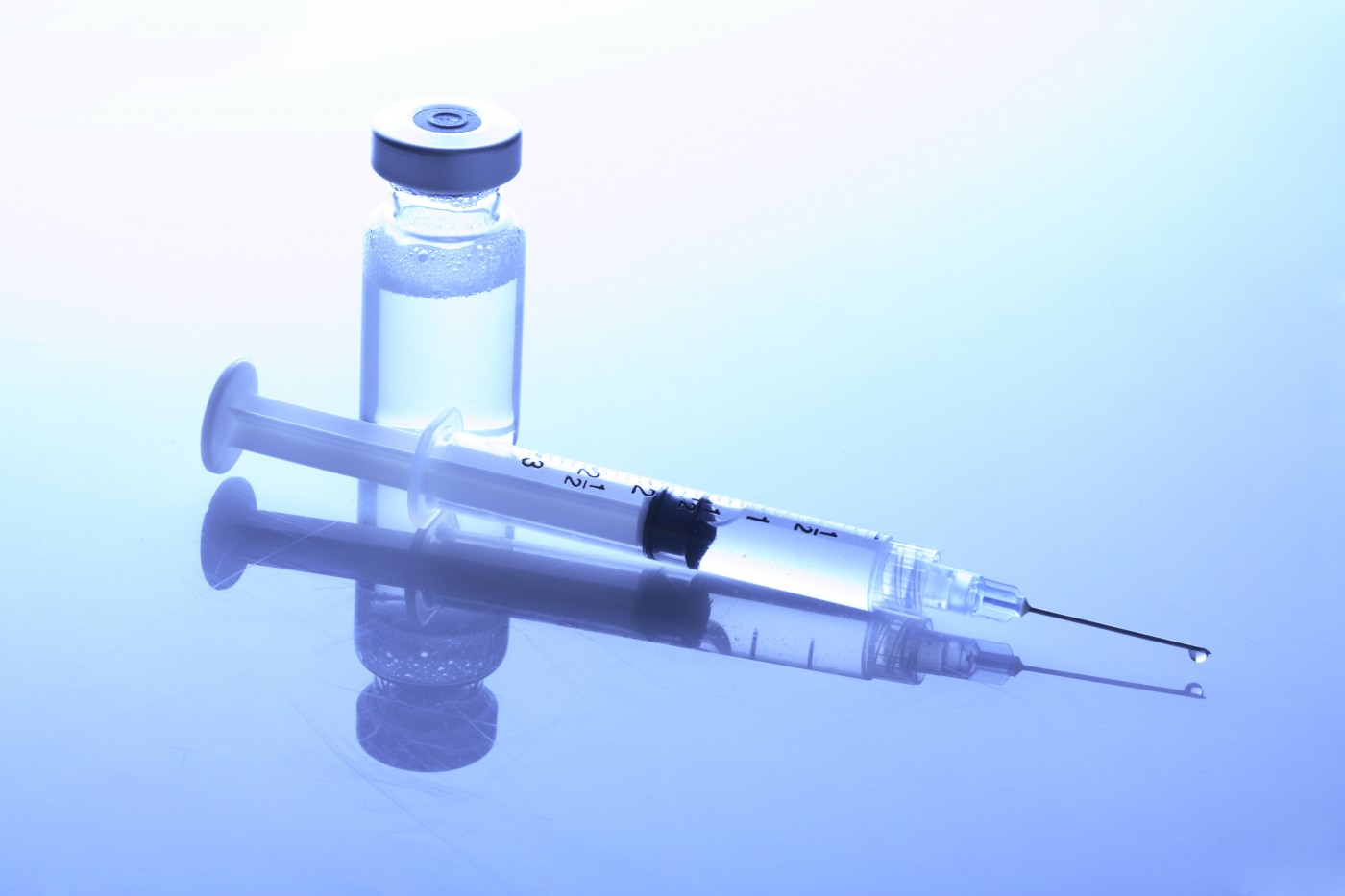 Bristol-Myers Squibb recently announced that the U.S. Food and Drug Administration (FDA) accepted the filing and review of the supplemental Biologics License Application (sBLA) for Yervoy (ipilimumab), a medication for the adjuvant treatment of stage 3 melanoma patients with a high recurrence risk after complete surgical resection. The estimated FDA action date is October 28, 2015.
Bristol-Myers Squibb recently announced that the U.S. Food and Drug Administration (FDA) accepted the filing and review of the supplemental Biologics License Application (sBLA) for Yervoy (ipilimumab), a medication for the adjuvant treatment of stage 3 melanoma patients with a high recurrence risk after complete surgical resection. The estimated FDA action date is October 28, 2015.
Melanoma is the most dangerous form of skin cancer and is caused by damage to skin cells (usually by ultraviolet radiation from sunshine or tanning beds), triggering mutations that are not repaired and allowing skin cells to rapidly multiply and generate malignant tumors. Melanoma is curable when detected and treated early; if it goes undetected or if it recurs, the cancer can proliferate and spread to other parts of the body, becoming more difficult to treat.
Melanoma is usually classified into five stages (0-4) that correspond to the degree of severity; the higher the stage, the more difficult it is to treat. Melanoma classification is made based on the thickness, depth of penetration and the degree of spread. In stage 3 melanoma patients, the cancer has spread to lymph nodes close to the primary tumor but has not yet spread to distant lymph nodes or to other parts of the body (metastasized); in these cases, surgical resection of the primary tumor and affected lymph nodes is required. These patients have a high risk for disease recurrence and when this occurs, patient survival rate is very low varying from 11 to 20%.
Yervoy corresponds to a recombinant, human monoclonal antibody that is capable of increasing T-cell (an important type of white blood cell) activation and proliferation that is thought to mediate anti-tumor immune responses important against melanoma. “Four years ago, Yervoy was approved for the treatment of unresectable or metastatic melanoma, the most advanced form of the disease,” said the Senior Vice President, Head of Development, Oncology at Bristol-Myers Squibb Dr. Michael Giordano in a news release. “Today’s announcement is a reflection of our commitment to investigate our immuno-oncology treatments for patients across lines of therapy and stages of the disease.”
The FDA accepted the application based on the encouraging results from a randomized, double-blind phase III clinical trial (CA184-029; EORTC 18071) to evaluate Yervoy’s efficacy in the prevention or delay of recurrence upon complete resection of high-risk stage 3 melanoma. In this trial, immune-mediated adverse reactions to Yervoy were found, however, the most common accounting for fatigue (41%), diarrhea (32%), pruritus (31%), rash (29%), and colitis (8%). Special attention should also be paid to signs of dermatitis (rash or irritation of the skin), hepatitis (liver inflammation), enterocolitis (inflammation of the digestive tract), neuropathy (nerve impairment), and endocrinopathy (disorders of the endocrine system, related to hormone balance) in patients under Yervoy treatment.
Yervoy is also currently being tested for other types of tumors, including in a phase III clinical trial for lung and prostate cancers.


